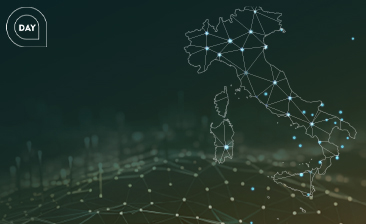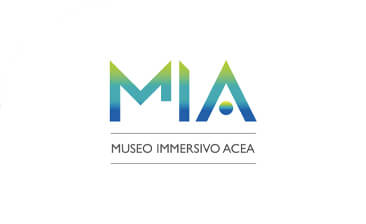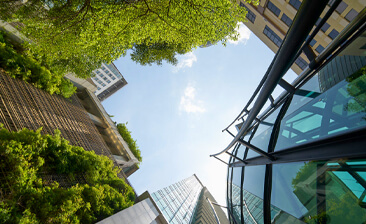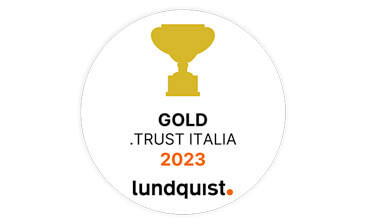
Acea for World Energy Saving Day
For Acea, cybersecurity is one of the priorities to protect its infrastructures from potential cyber attacks.
Over the years, the Group has developed different skills in the IT sector beyond the borders of our country. In 2013, with the European project Panoptesec, Acea has been involved as a partner to develop scenarios and protocols for responding to possible cyber attacks on electrical infrastructure.
Acea's contribution was highly appreciated and achieved excellent results. From here came the opportunity for a new, even more important European call: the ECHO project (European network of Cybersecurity centres and competence Hub for innovation and Operations, grant agreement no 830943).
“ECHO is one of the 4 projects funded by the European Union as part of the H2020-SU-ICT-2018-2020 call,” explains Andrea Guarino, Cyber & Information Security – Security & Cyber Defence Function, who participated in the writing of the related proposal and was also chosen as a Participant Contact of the ACEA Group for this project.
The choice of participants in a project of this type is never random. In addition to the skills demonstrated and the experience already gained on other European projects, ECHO participants were chosen to cover multiple areas of interest, such as transport, telephony, energy. But also according to other opportunity parameters to increase the value of the project results. “There are partners from Estonia, considered the most digitized nation in Europe. And we also have the representation of an extra-EU nation, Ukraine, which in 2015 and 2016 suffered two violent cyber attacks on electricity infrastructure,” says Andrea.
The objectives of the ECHO project
Projects like ECHO help protect us from the risk of large-scale cyber attacks. But in their small way, everyone has to be careful about how they use technology to avoid falling into computer traps.
“We are in the age of the Internet of Things. Our children are digital natives. But precisely for this reason, the more we use technology, the more vulnerable we are to cyber attacks,” Andrea continues.
From Acea's participation in ECHO, “The CISO Game” was born, the business game designed by Andrea Guarino and developed thanks to the contribution of the Group's Cyber Security units, which involves the simulation of a cyber incident management process. The acronym CISO, in fact, stands for Chief Information Security Officer. The aim of the game is to share the experiences of those responsible for cybersecurity and facilitate an open meeting on the most current issues and challenges.
The participants in the game, divided into tables of 4/7 people each, are guided by a team of experts, the Cyber Mentors, through a series of decision-making nodes of the game, during which they must choose the actions to be carried out. Depending on the path taken, the scenario changes and different situations materialize to be faced. The interactive story involves eight main branches, at the end of which there is, for each of them, a choice between four options that correspond to their endings, for a total of thirty-two different epilogues.
"This game allows participants to share their thoughts, while motivating their choices, making it clear that the same fact has different possible angles of vision. Depending on the experience and attitudes of each player, each choice can therefore be considered partially right or wrong, while leading to totally different results. The important thing is therefore to know how to transform unforeseen events and problems into opportunities for learning and improvement"
The dissemination meetings of the ECHO project in which the CISO Game was used, organized by Digital Club and AIPSA and with the support of Utilitalia and CSA (Cyber Security Angels), raised great interest from the community of professionals distributed between Milan, Rome, Cosenza, Bologna, Turin, Verona, Molfetta. Events that have become valuable opportunities for networking and training with cyber mentors, figures chosen from some of the most experienced
Italian Chief Information Security Officers, to spread and grow the culture of cybersecurity in the company. These events have made it possible to build a solid network capable of developing synergies, sharing knowledge and the wealth of experience of CISOs.
At the end of the project, all members of the ECHO consortium received a letter of evaluation from the European Commission that highlighted the positive results, in line with the objectives that had been set. The success of the project was celebrated with a final event involving all partners at the Royal Military Academy in Brussels.
Discover the latest news and initiatives of the Acea Group

Acea for World Energy Saving Day

Visit the virtual museum about the history of the Acea Group

The channel for the commercial requests on land urbanisation

Acea turns the spotlight on the Rome Film Festival 2023

Acea is in the "Gold class" in the .trust research

Read more about our culture of inclusiveness